Nowadays, your mobile phone has become an extension of yourself, housing your digital life. In it you carry your photos and videos, your messages and emails, as well as your bank details, files and, ultimately, a large amount of personal information.
This close relationship with your device also implies a great responsibility., and it is to protect your privacy. As technology advances and the capabilities of smartphones expand, so do the ways in which these devices collect and share your data.
Every time you open an app, activate a function or connect to the internet, your mobile requests permissions to access different aspects, such as your location, access to the camera, the microphone, your contact list… the list is extensive.
While some of these requests are necessary for the apps to function properly, others may be questionable. Do you really need a photo editing app to have access to your location to work?
The reality is that, in many cases, These permissions go beyond basic functionality and become tools to collect data about you. According to cybersecurity experts, smartphones act as double agents.
That is, in addition to offering a personalized user experience, They are also used as surveillance toolsallowing third parties track your movements and even conversations. That is why it is vital to know the ways in which your cell phone spies on you without you knowing and take measures to protect your privacy.
Photo metadata

When you take a photo with your mobile, you are capturing more than just an image. Each photo contains metadata, such as the location, date, and time the photo was taken. These files, known as EXIF data, can reveal details about your daily life.
While this information may be useful in some cases, it also can be used to track your movements or even reveal sensitive personal information.
Although many social media platforms automatically remove metadata when you upload a photo, it’s important to understand how it can be used to monitor your activity.
To protect you, It is recommended to disable the option to save EXIF data in photos in your camera settings. You can also use apps that allow you to remove metadata from photos before sharing them, a good option is Photo Metadata Remover.
When connecting to a public WiFi network
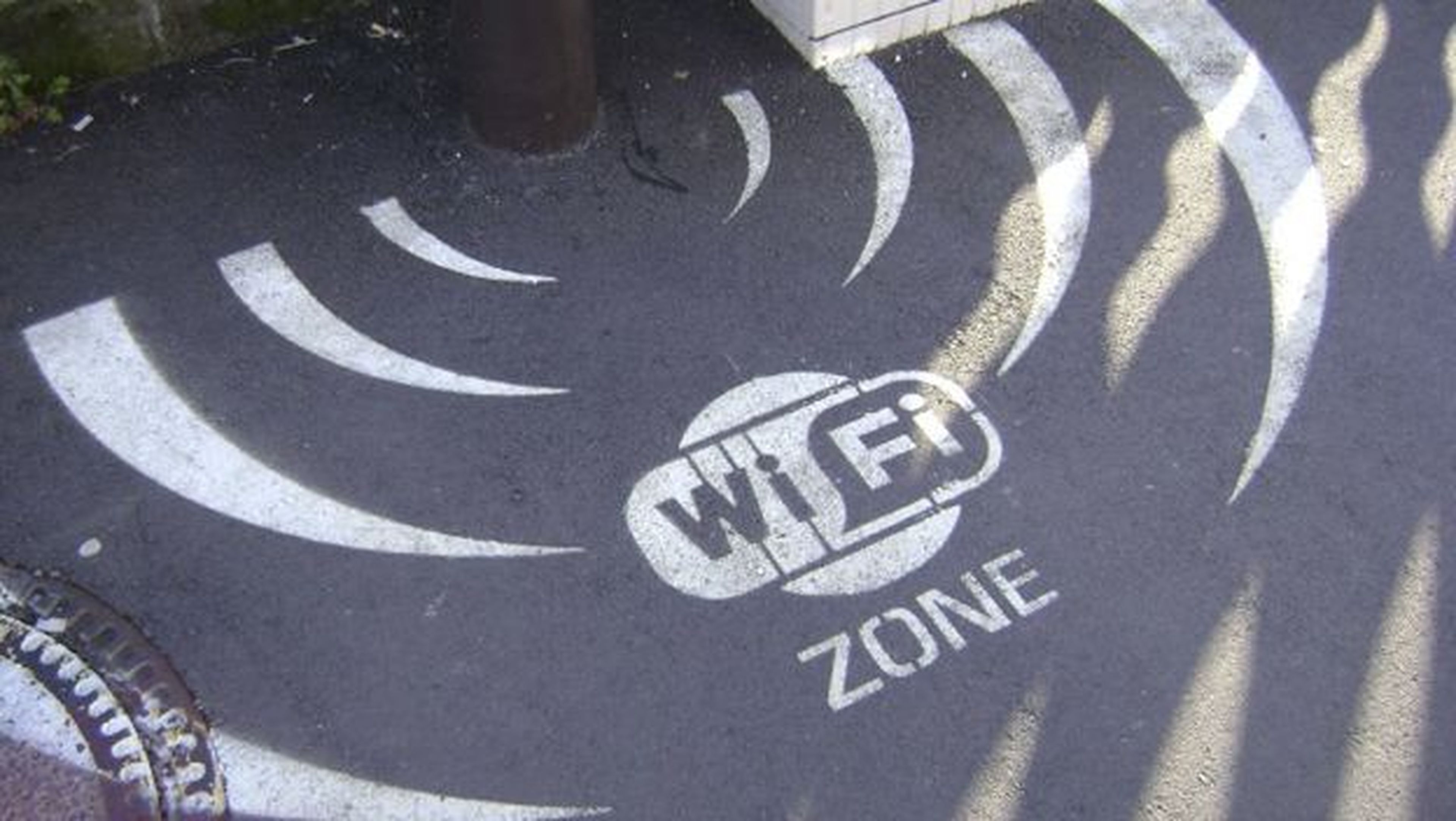
When you connect to a public WiFi network or use Bluetooth devices, you are leaving a trail of data that can be used to track your activity and location. Companies can use this information to send specific notifications or announcements to your device when you are near their locations.
Network and proximity-based tracking raise privacy and security concerns, as it allows third parties to collect data about your movements without your consent. It is important to be aware of this practice, so you should limit the use of these networks and use a VPN.
via keyboard
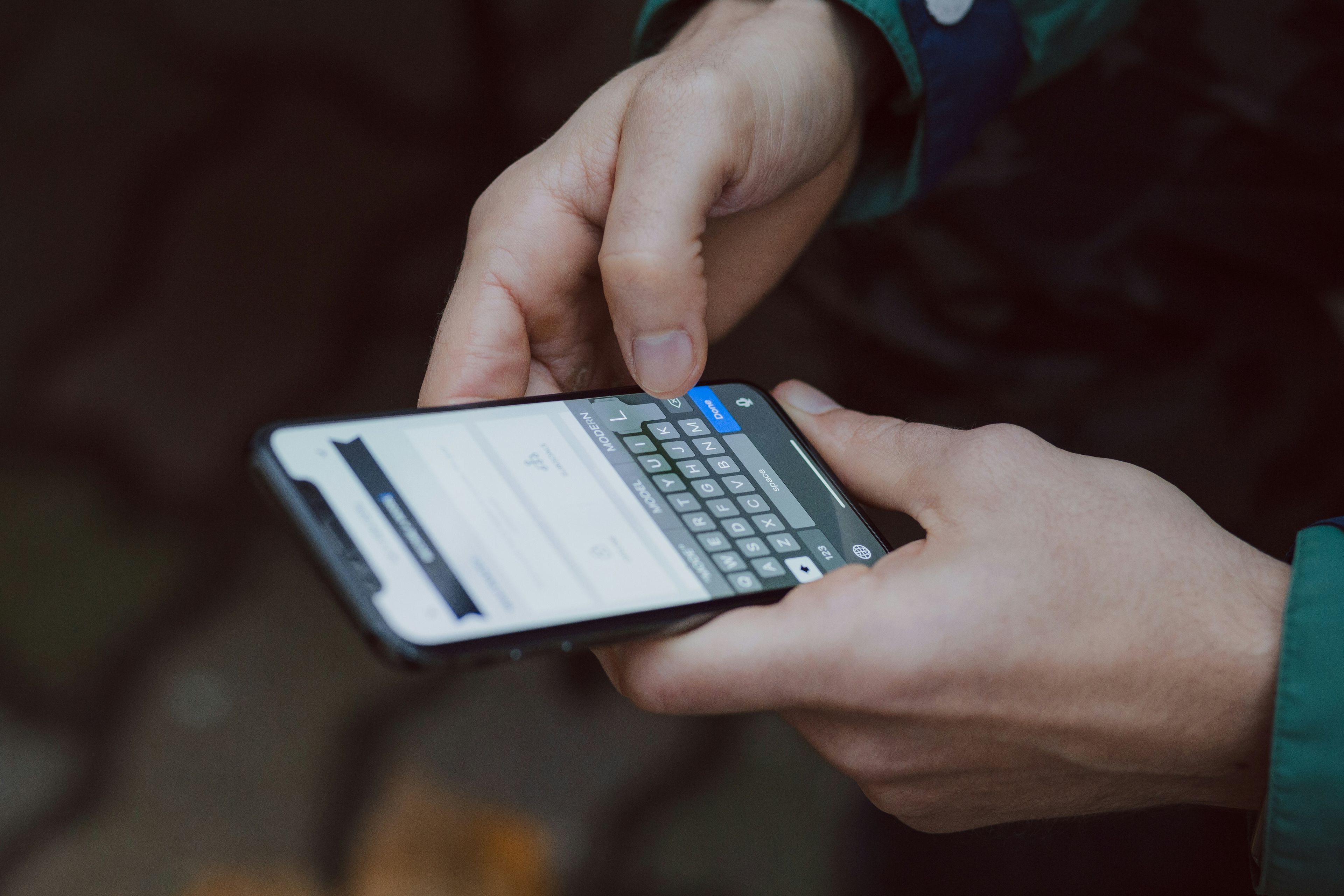
Unsplash
While using a keyboard on your smartphone can improve your typing experience, it can also pose a risk to your privacy. Some third-party keyboard apps can record your keystrokesincluding passwords and personal messages, without your knowledge.
This monitoring can expose you to identity theft and fraud, which underscores the importance of reviewing app permissions and disabling features you consider invasive. It is best to use your computer’s default keyboard. or a trusted keyboard with privacy guarantees.
GPS function
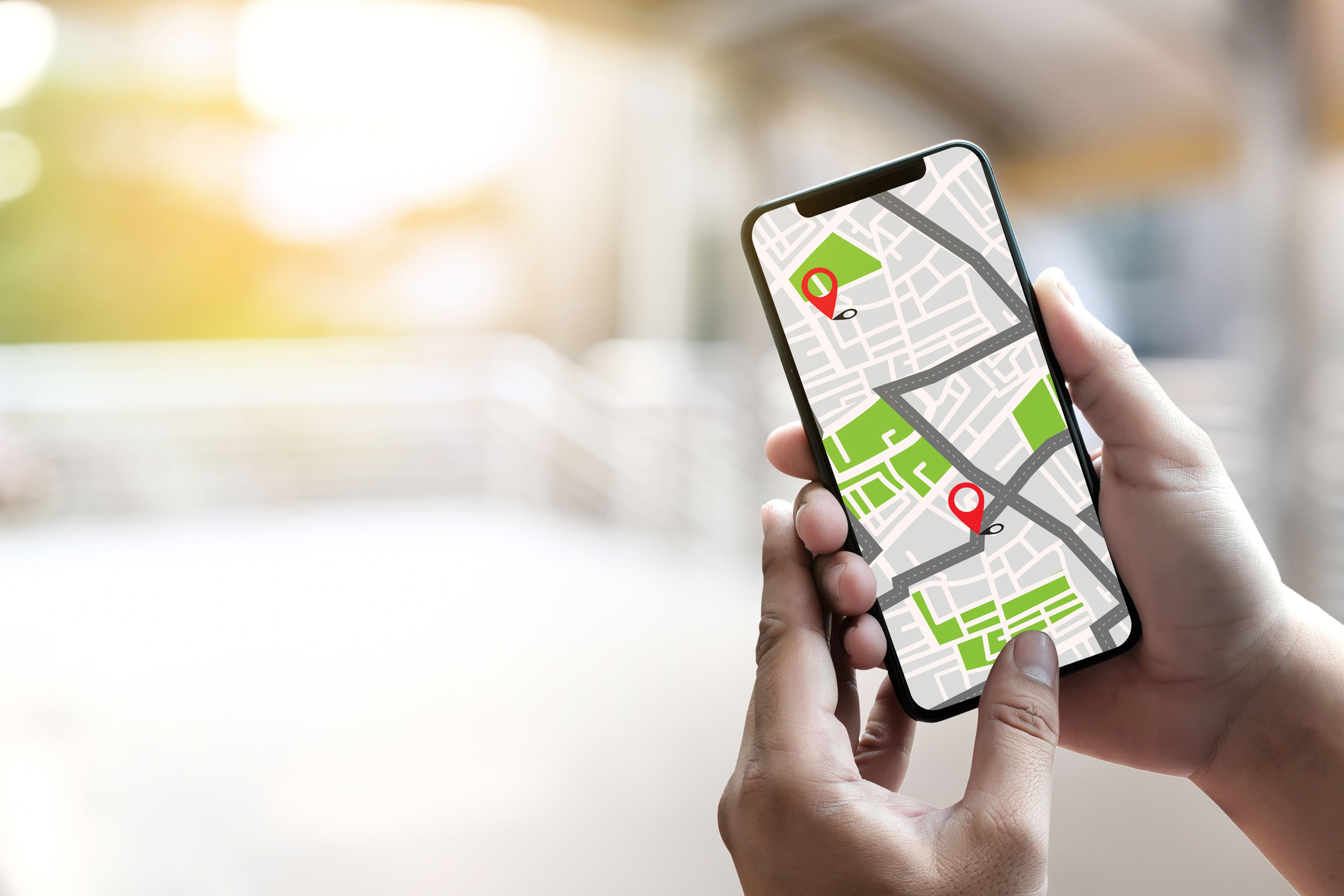
getty
Mobile phones use technologies such as GPS, WiFi and cellular networks to track your location with almost exact precision. While this tracking can have benefits, such as navigating the best route to avoid traffic jams or providing location-based services like Google Maps, it also raises privacy concerns.
Limiting apps’ access to your location when you’re not using them is a way to protect yourself and control who has access to your data. To do this, it is essential to review and manage the permissions of each of the apps installed on your device, as well as limit location access only when necessary.
The email

Email tracking is a common practice among senders who want to know the behavior of recipients. Some techniques include placing small “invisible” images or icons, such as a GIF or PNG, that act as signatures in the emails, and that can record when the message is opened, from what device and location.
Additionally, certain apps have been criticized for collecting data from users’ inboxes and selling this information to third parties to adjust their marketing campaigns. For this reason, it is essential to be aware of these practices and take steps to protect your privacy when using email on your mobile.
Access to the mobile camera and microphone
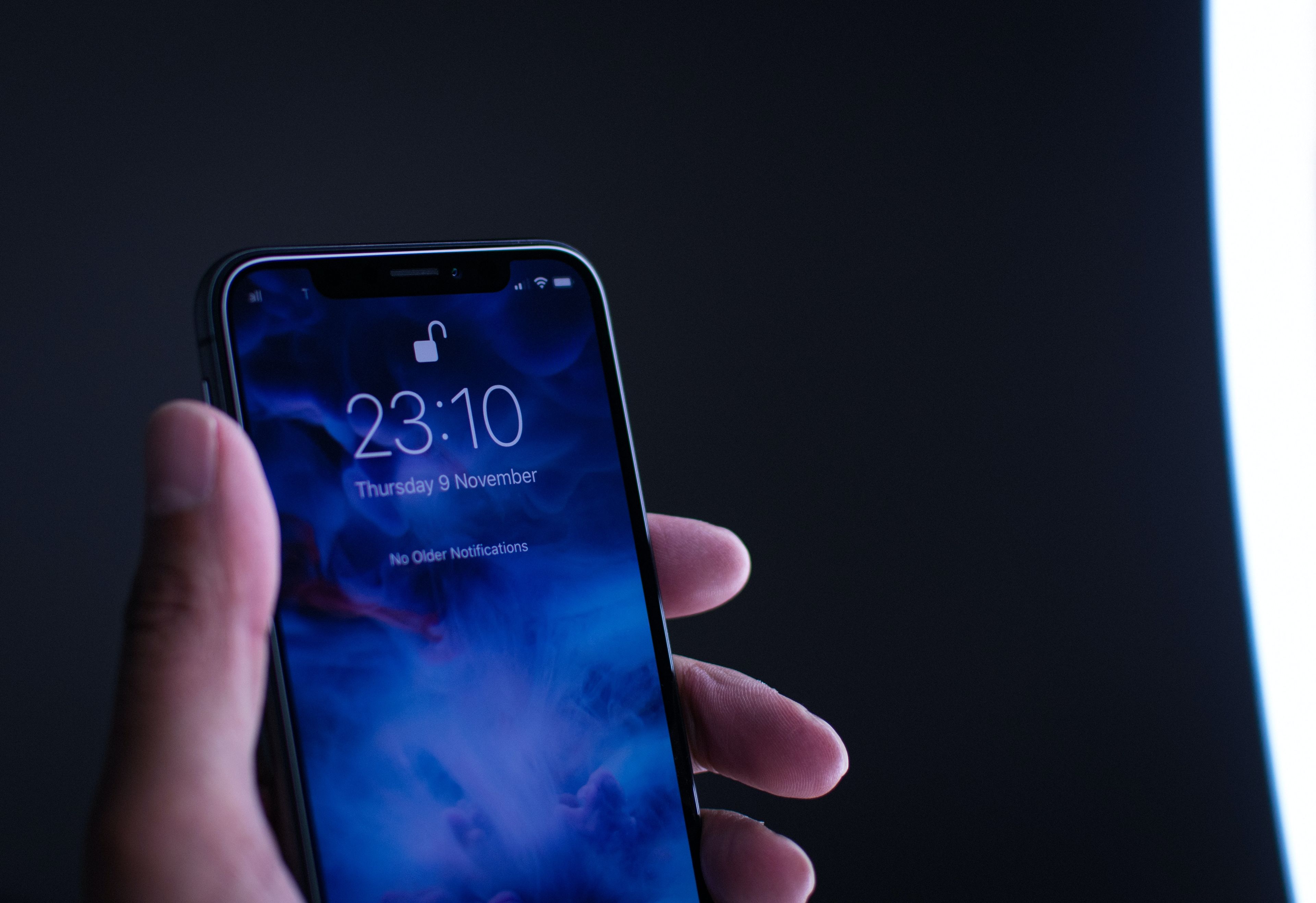
Unauthorized access to your phone’s camera and microphone is a serious violation of your privacy. Some apps can activate the camera and microphone without your knowledgeallowing them to hear or see you at any time.
This intrusion can be especially worrying when it comes to social networks and voice assistants, which can store sensitive information and use it for unethical purposes. It is essential to review and manage app permissions to ensure that they only access the resources they really need.
IMEI number
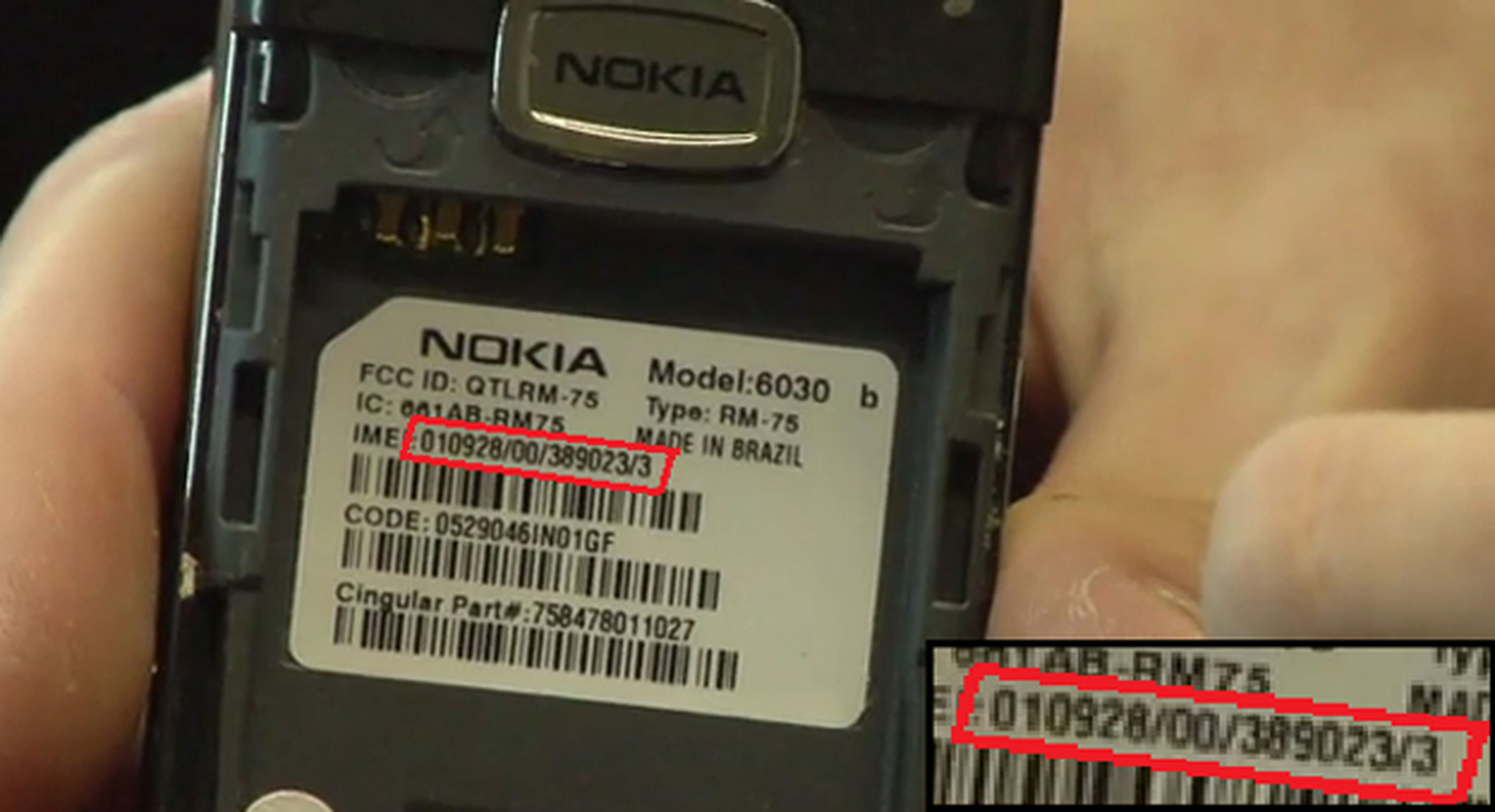
IMEI numbers are unique identifiers associated with your smartphone and SIM card, respectively. They are used as precise tracking tools that can be used to track your location.
It is a unique 15-digit number that They can be used by mobile operators and manufacturers to identify your device and track your activity on the network. In addition, they can be used by third parties to know your movements and collect information about your habits and preferences.
In this situation, the most you can do is Do not share your IMEI or IMSI number with anyoneand avoid websites or applications that request this information, as they do not need it, unless your operator requires it when there is a problem with your mobile or network service.
Ambient light sensor

canva
The ambient light sensor of your device, originally designed to automatically adjust the brightness of the screen according to the lighting conditions of the environment, can be used in an intrusive way to spy on you.
It should be noted that some apps, as well as websites, can use this sensor to collect data about your browsing habits.. This small sensor can detect how you interact with your device’s screen, such as scrolling, swiping, or tapping the screen, and use this information to create a detailed profile of your activity.
To protect your privacy, It is important to review the permission settings of your mobile and limit apps’ access to the ambient light sensor.
Mobile tracking
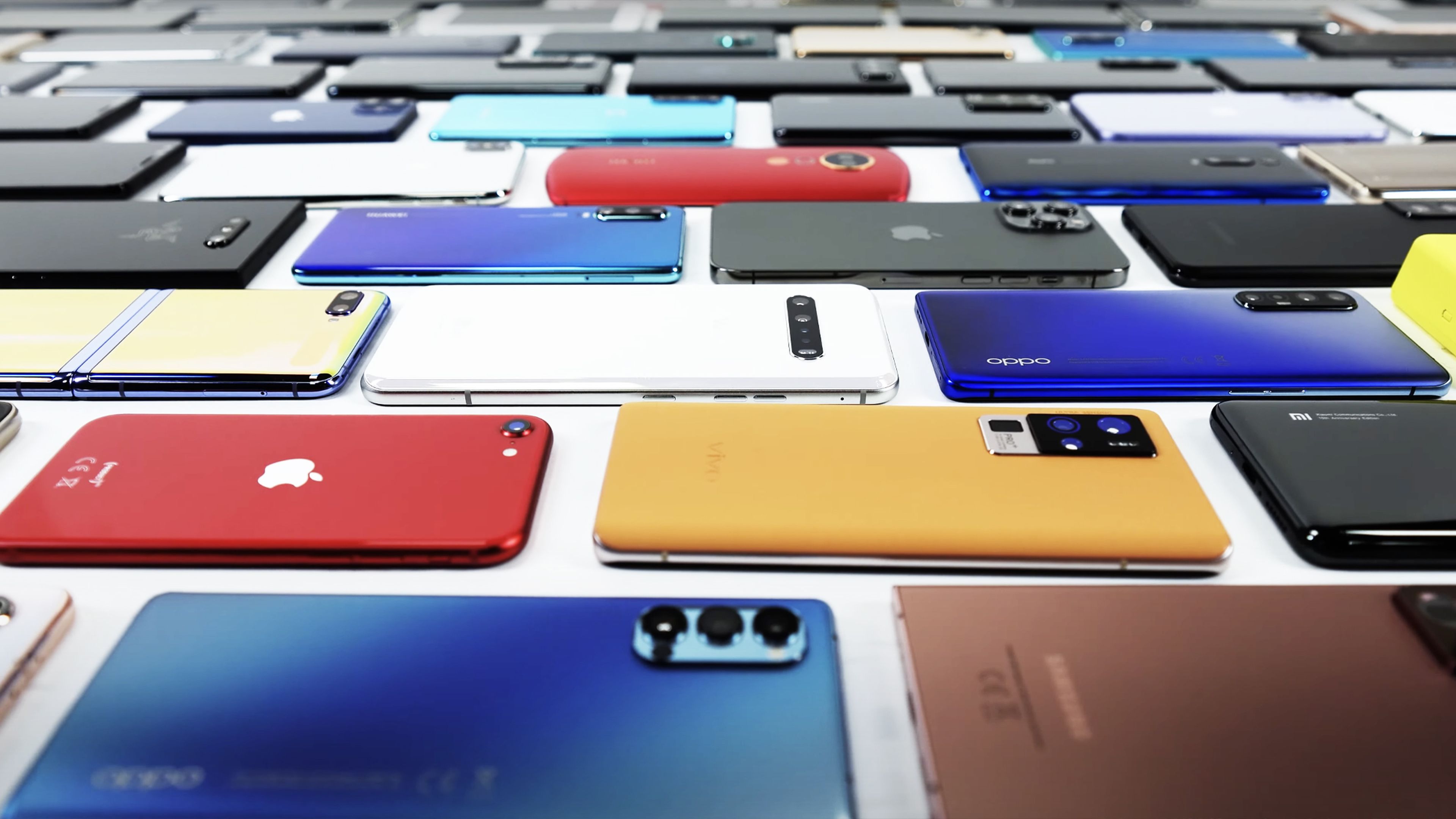
Cross-device tracking is a technique that allows advertisers and marketers to track your behavior across multiple devices. This practice is based on the use of ultrasonic signals to establish invisible connections between mobile phones, tablets and laptops.
Signals can be transmitted through radio advertisements, JavaScript codes on web pages, and even mobile applications. This technique raises concerns as it allows third parties to collect your data, and it is best to disable Bluetooth when not in use and avoid connecting your devices to public WiFi networks.
Health data
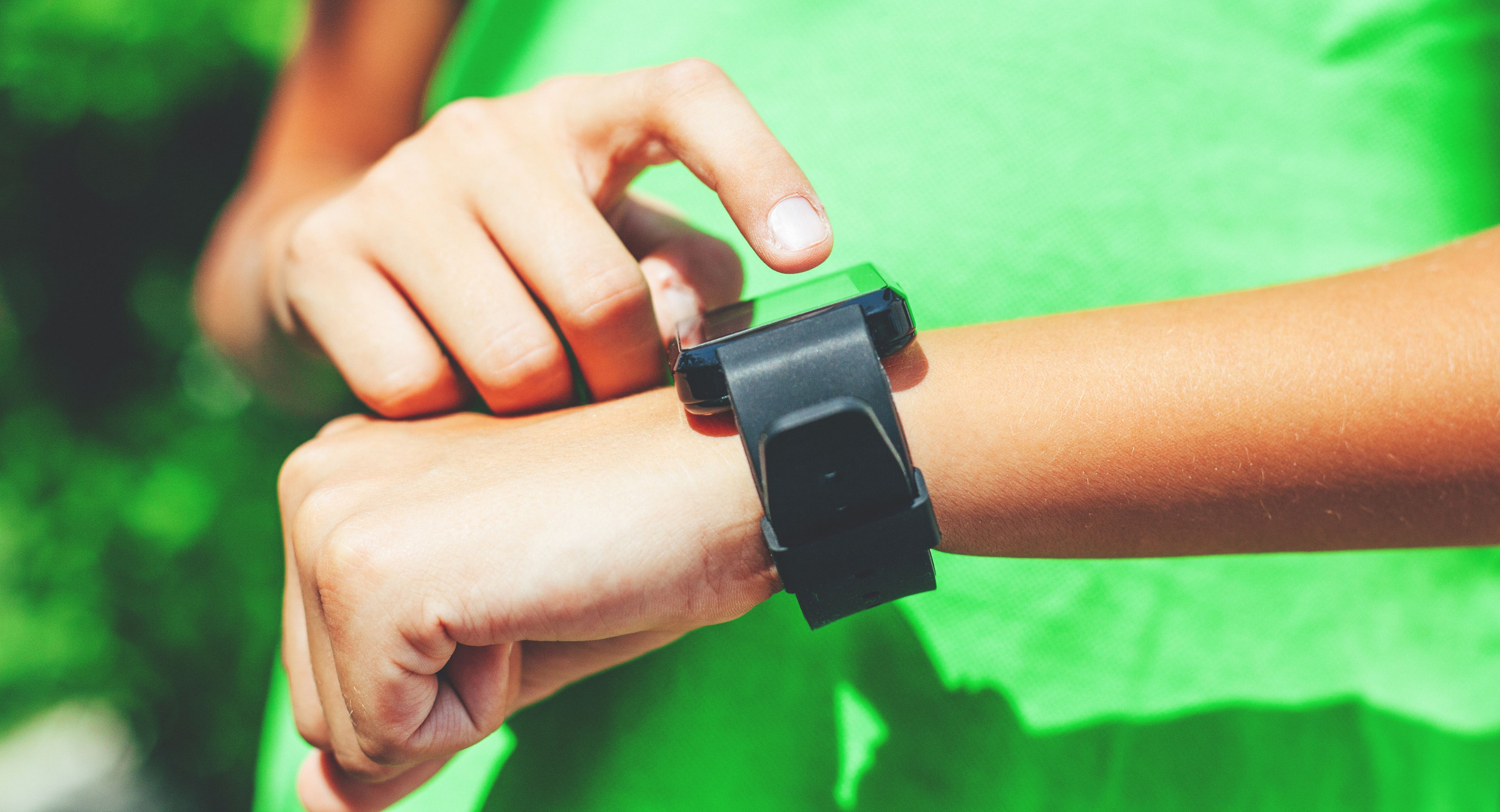
getty
Health and fitness apps collect a wide range of data, from the number of steps you take to your heart rate and sleep quality. While these solutions can be useful for monitoring your health, they also raise data privacy concerns.
This information can be very sensitive and reveal important personal information, such as your exercise habits, sleeping patterns, and illnesses. In the end, this information can be valuable to advertisers, insurance companies, and even third parties.
Activity on social networks
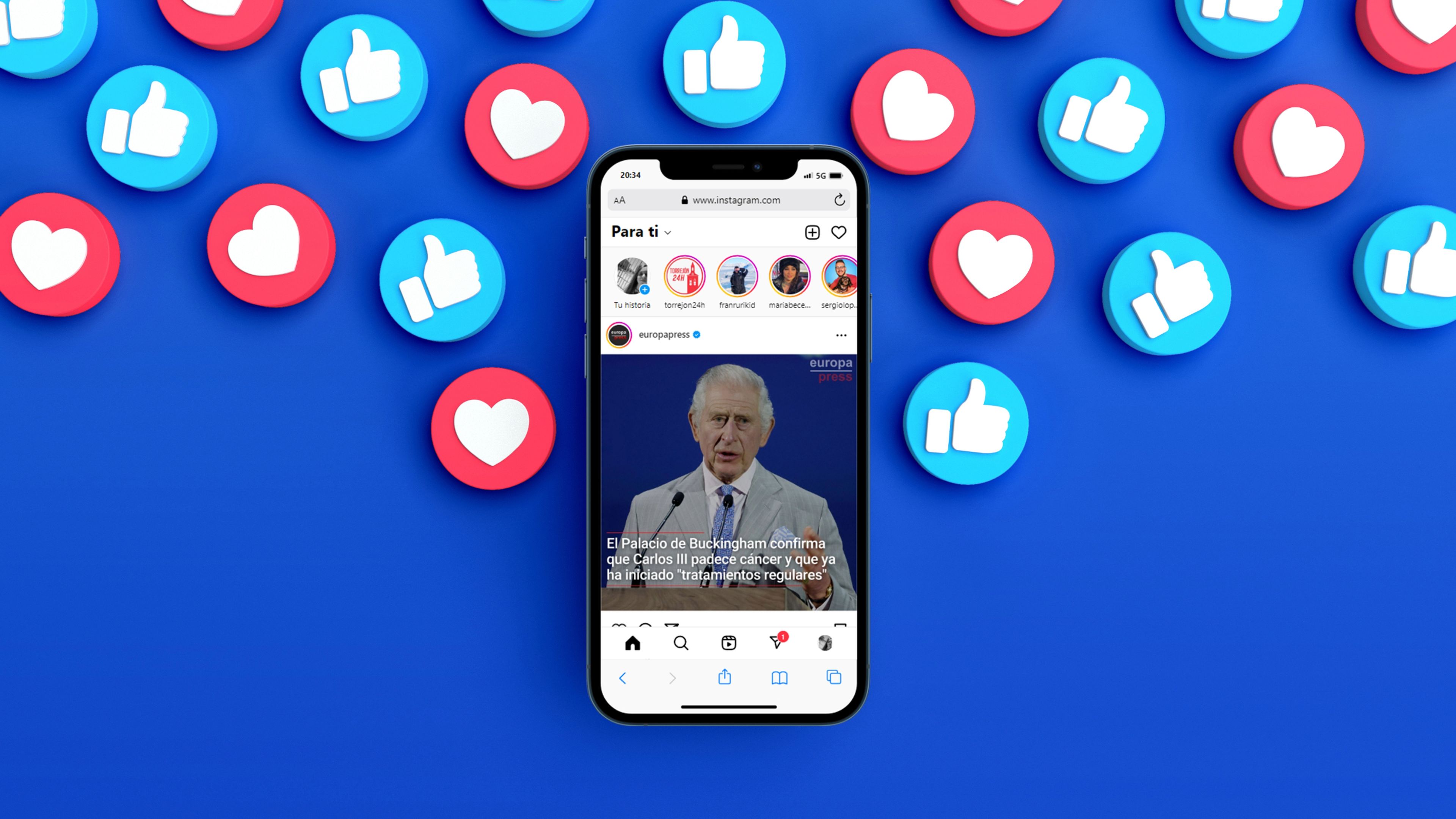
Gettyimages/ComputerHoy
Social media monitoring is a common practice that allows platforms to collect data about your online activity. Every like, comment, and action you take is recorded and used to create a detailed profile of your interests and preferences.
Besides, These services use sophisticated tracking mechanisms, such as Google Advertising ID and Apple IDFA., to track your devices. This data collection goes beyond what you share publicly on networks and may include sensitive information about your browsing habits.
For example, Facebook or Instagram may use your data to personalize targeted advertising or influence your purchasing behavior. To avoid this, deactivate each of the permissions that social networks ask for, such as access to your location, camera and microphone.
Payment information
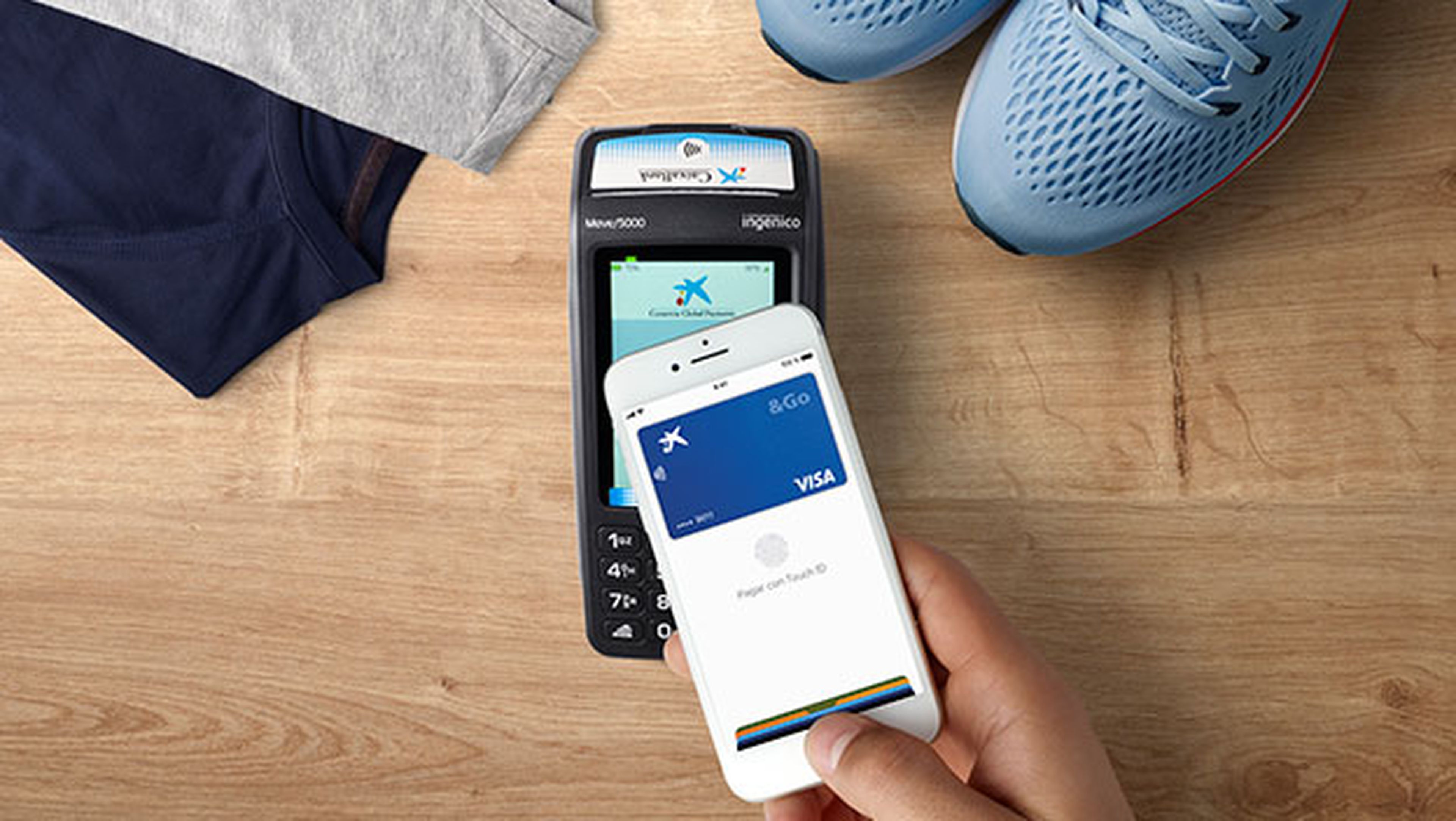
The use of mobile payment apps, such as Google Wallet and Apple Pay, has simplified financial transactions by allowing you to make payments by simply tapping or scanning your device. However, every time you make a purchase or transfer, detailed information about your spending habits is recorded and stored.
From your purchases at the local coffee shop to your monthly utility payments, all of these actions become a complete record of your financial activity. Ultimately, this information is valuable to companies like Google, Apple, PayPal, and other merchants, who can use it to personalize targeted advertising.
Besides, Your payment details may be vulnerable to potential security breaches, which could expose you to identity theft or financial fraud. It is important to be aware of the information you share when using mobile payment apps and take steps to protect your personal data.
Known how we work on Computertoday.
Tags: Privacy, Repub, Cybersecurity


![[Img #74664]](https://thelatestnews.world/wp-content/uploads/2024/12/James-Watson-The-controversial-genius-behind-the-double-helix-150x150.jpg)








![[Img #74664]](https://thelatestnews.world/wp-content/uploads/2024/12/James-Watson-The-controversial-genius-behind-the-double-helix-300x200.jpg)


Add Comment